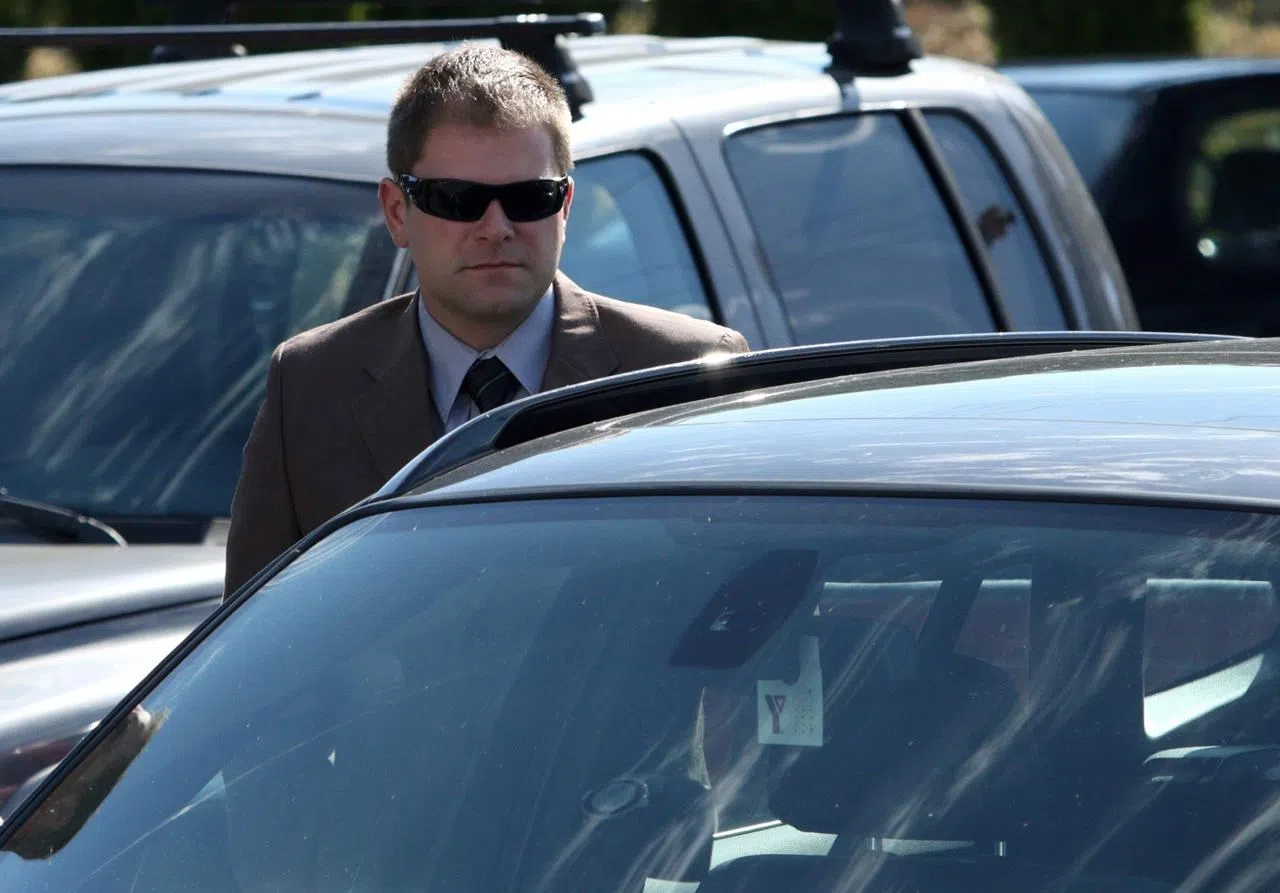
Man who killed Const. Sarah Beckett gets partial parole for rehab treatment
ABBOTSFORD, B.C. — A drunk driver who killed RCMP Const. Sarah Beckett in a crash has been granted limited day parole to attend alcohol abuse treatment, but a parole board member cautioned that the man still struggles with honesty.
Kenneth Fenton was handed a four-year prison sentence in July 2017 and he told a Parole Board of Canada panel on Monday that driving drunk was the “most devastating choice” he had ever made.
“I have caused more pain than I can imagine with my selfish and arrogant behaviour,” he said. “It does not seem fair that I am here while an innocent mother cannot go home to her children.”
The two-member panel decided to allow him to go to a treatment centre to complete a 70-day program. But the members turned down his request to move to a halfway house after treatment, instead requiring him to return to prison before they decide next steps.


